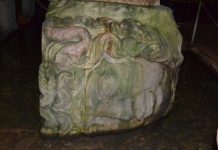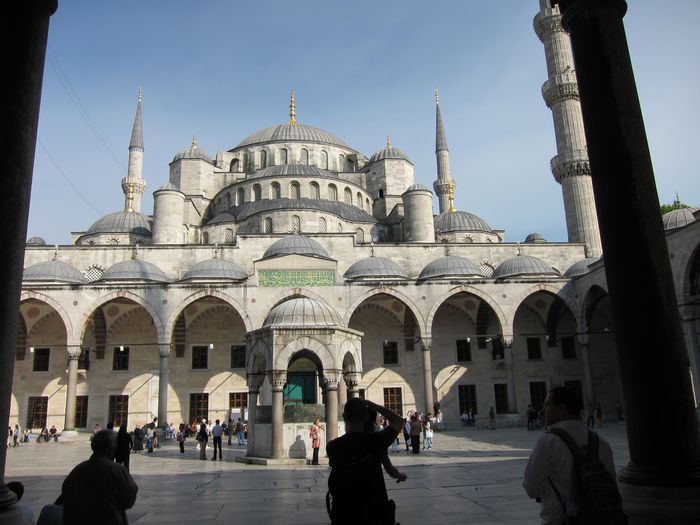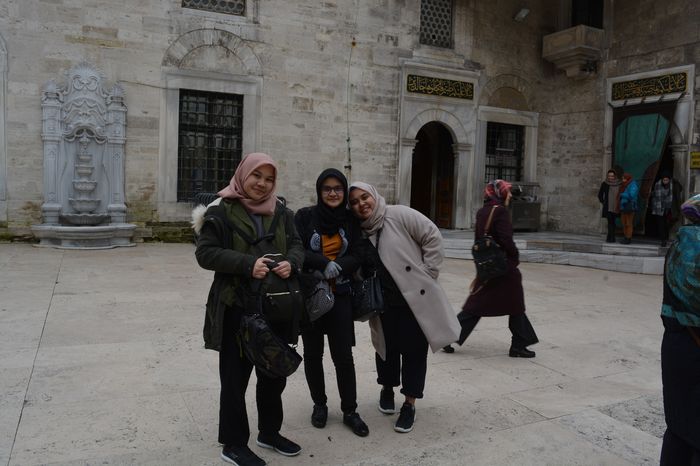Eyüp Sultan Mosque, nestled in the Eyüp district near the Golden Horn, holds deep religious significance in Islam. Revered as a sacred place, it enshrines the tomb of Ebu Eyyub el-Ensari, the esteemed standard bearer of the Prophet Muhammad.
Ebu Eyyub el-Ensari A Companion of the Prophet
Ebu Eyyub el-Ensari, a native of Medina and a close relative of the Prophet Muhammad, played a pivotal role in the early days of Islam. As one of the Prophet’s earliest followers, he welcomed Muhammad into his home and served as his steadfast companion and bodyguard during military expeditions. His profound dedication to Islam led him to transmit around 200 sayings of the Prophet, known as hadiths Istanbul Religion Tours.
Historical Significance
During the Arab siege of Constantinople in the 7th century, Ebu Eyyub el-Ensari met his martyrdom and was buried on the site where Eyüp Sultan Mosque now stands. His tomb, rediscovered during the Turkish siege of the city, became a focal point of veneration. The construction of the mosque, built upon his resting place, marked the beginning of its significance as a revered religious site in Islam.
Cultural Tradition
For centuries, Eyüp Sultan Mosque has been a central place of worship and pilgrimage for Muslims. Traditionally, Ottoman Sultans would ceremonially visit the mosque to complete their arm-bearing ceremonies upon ascending to the throne. Each Friday, worshippers gather in large numbers to participate in congregational prayers, further reinforcing the mosque’s sacred status in Islam.
Architectural Features
The mosque, originally constructed in the 7th century, underwent reconstruction after being destroyed by an earthquake. The present structure, completed in 1800, boasts a rectangular layout with a prominent altar. The main dome, supported by six columns and two elephant feet, commands attention, while a secondary dome complements its grandeur. At the center of the courtyard lies the Eyüp Sultan Tomb, adorned with a fountain at its base. A majestic sycamore tree, centuries old, graces the courtyard, adding to the mosque’s serene ambiance Panagia Muhliotissa Church and Ebu Şeybe el-Hudri Tomb.
Cultural Practices
The outer courtyard features a historic fountain known as the “Şerbetçi Fountain,” where sherbet was traditionally distributed during religious holidays and special events, fostering a sense of communal celebration and unity among worshippers.
Eyüp Sultan Mosque stands as a testament to Istanbul’s rich Islamic heritage and cultural tradition. As a revered site of pilgrimage and worship, it continues to draw devotees from around the world, offering a place of spiritual solace and reflection amidst the bustling cityscape. With its historical significance, architectural splendor, and vibrant cultural practices, Eyüp Sultan Mosque remains a cherished symbol of Islamic faith and devotion in Istanbul.








